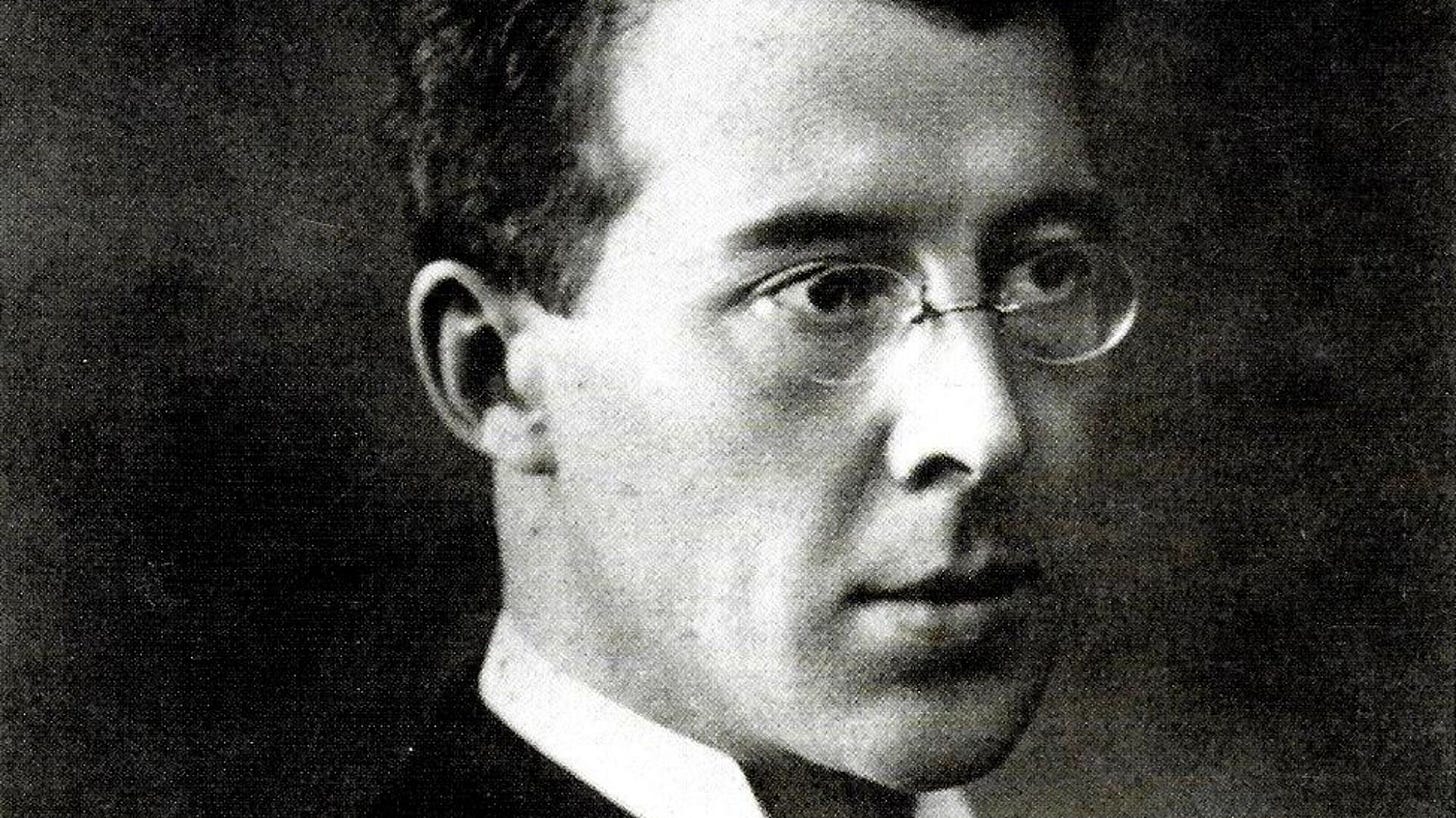Pitirim Sorokin: Understanding the Cycles of Civilization & Social Change
Ever feel like you're riding a societal rollercoaster? One minute we're celebrating innovation, the next we're grappling with moral decay and social unrest. Is there a pattern to this chaos? A roadmap? Or are we simply adrift in a sea of unpredictable events? The answer, according to the pioneering sociologist Pitirim Sorokin, might be found in understanding the cyclical nature of civilizations. His work provides a powerful lens through which to understand the ebb and flow of history – and perhaps even anticipate the future.
The Man Who Studied the Tides of Culture
Pitirim Sorokin, a Russian-American sociologist, wasn't content with simply observing society. He wanted to understand its underlying mechanisms, the driving forces behind its rise and fall. His monumental work, Social and Cultural Dynamics, a four-volume masterpiece, is the cornerstone of his analysis. Sorokin’s central argument is both bold and compelling: civilizations don't progress linearly; instead, they move through predictable, recurring cycles.
The Core of Sorokin's Cycle Theory: Ideational, Sensate, and Idealistic
At the heart of Sorokin’s theory lies the concept of cultural mentalities. He argued that each civilization is dominated by a particular type of culture, each defined by its fundamental views of reality, truth, and values. These mentalities are:
Ideational: Rooted in faith, spirituality, and the pursuit of the transcendent. Truth is found in the divine, and values are based on religious principles.
Sensate: Focused on the material world, sensory experiences, and empirical knowledge. Truth is derived from observation and reason, and values are based on pleasure and utility.
Idealistic: A synthesis of the Ideational and Sensate, seeking to integrate spiritual values with the realities of the material world. It attempts to find a balance.
Think of it as a pendulum swinging back and forth. The pendulum doesn't stay in one place, right? So, which stage of this cyclical pattern are we currently experiencing? And more importantly, what does it mean for us?
The Sensate Age and Its Discontents
Sorokin argued that the modern West, with its emphasis on scientific materialism, consumerism, and individual gratification, is currently in a phase dominated by the Sensate mentality. This focus on sensory experience and tangible reality has brought about incredible technological advancements and material abundance. But, according to Sorokin, this Sensate phase isn’t without its downsides.
“The Sensate culture, in its extreme form, becomes a culture of the senses, of pleasure, and of material gratification. It is a culture that is ultimately self-destructive.”
The relentless pursuit of pleasure, Sorokin believed, can lead to a crisis of meaning, moral decay, and social breakdown. This might sound familiar, doesn't it? Think about the increasing rates of anxiety, depression, and social alienation. Are these symptoms of a society grappling with the excesses of its own success?
The Inevitable Crisis and the Potential for Change
Sorokin posited that the extreme Sensate phase inevitably leads to a crisis. This is when the very foundations of the culture begin to crumble. Moral standards erode, social bonds weaken, and a sense of meaninglessness permeates society.
This crisis, however, isn't necessarily the end. Sorokin believed that it could pave the way for a new synthesis – a return to the Idealistic or even, in certain conditions, a resurgence of the Ideational. How might this transition occur? This video, which you should check out, provides a deeper dive:
. It might begin with a spiritual awakening, a re-evaluation of values, or a search for a deeper meaning beyond material possessions.
Applying Sorokin's Insights: A New Way of Seeing the World
How can we put Sorokin's theories into practice in our own lives? Here are a few steps to get you started:
Observe the cultural trends around you: Are you seeing more emphasis on material possessions and instant gratification, or a growing interest in spirituality and community?
Reflect on your own values: Are you prioritizing pleasure and comfort, or are you seeking something more?
Consider the long view: Realize that societies change in cycles and that this time is not permanent.
By understanding Sorokin's framework, we gain a richer perspective on history and culture. We can begin to identify patterns and potentially anticipate future trends. This framework isn't just an academic exercise; it is a tool that helps you understand the world and perhaps influence it for the better.
Unlock deeper insights with a 10% discount on the annual plan.
Support thoughtful analysis and join a growing community of readers committed to understanding the world through philosophy and reason.
The Timeless Relevance of Pitirim Sorokin
Sorokin’s insights remain profoundly relevant today. His work offers a way of making sense of the chaos, providing a framework for understanding the forces shaping our world. It's not about predicting the future with certainty, but about understanding the cyclical nature of history and recognizing the potential for both crisis and transformation. Are we at the edge of a new cycle? Only time will tell, but by understanding the past, we can better prepare ourselves for the future. The next time you experience societal shifts, remember Pitirim Sorokin, and the enduring power of cyclical thinking.



